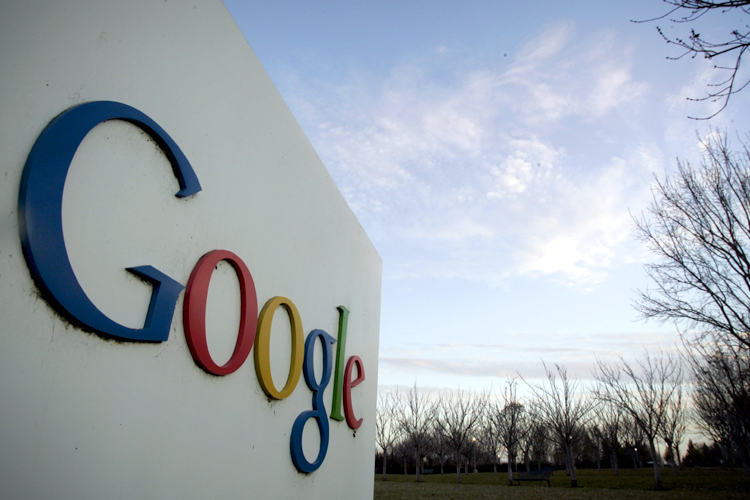Earlier this week, Yahoo released its demographic information. It was released as part of a push for tech companies to be more transparent about their diversity — or lack thereof. The public disclosure was on the heels of similar releases from Google, LinkedIn and newly public education company Chegg. The results are not spectacular. However, releasing the numbers is a step in the right direction.
Google and Yahoo released not only their global gender statistics, and U.S. ethnicity statistics, but also offered a look at gender and ethnicity in different categories: tech, non-tech and leadership. LinkedIn published their gender statistics, and U.S. ethnicity statistics and also published its EEO-1 (a filing to the U.S. Employment Equal Opportunity Commission). Chegg released a U.S. breakdown of gender and ethnicity.
These four companies join Intel who publishes their EEO-1 report, and a group of tech companies who finally revealed statistics back in 2012. It should be noted, of course, that these are just a handful of companies and don’t include giants like Facebook, Amazon or Apple.
As Vindu Goel at the New York Times pointed out: “Silicon Valley companies talk loudly and often about how they are changing the world, yet when it comes to the changes — or lack of them — in their own workplaces, they suddenly clam up.”
So where do we stand in terms of gender equality and diversity in these four major tech firms? Check out the breakdown below. (Hover your mouse over the pie charts to view the numbers):
Gender Statistics – Global (with the exception of Chegg):


